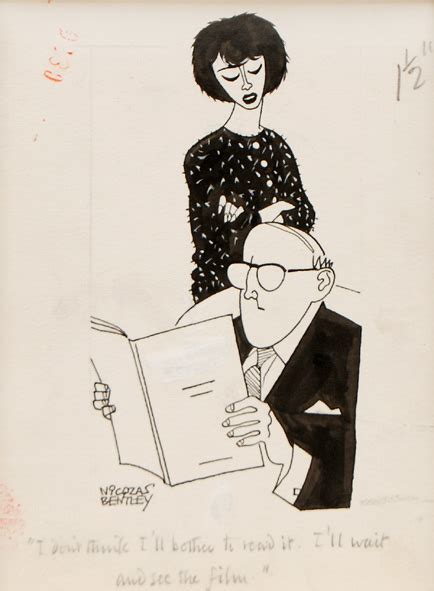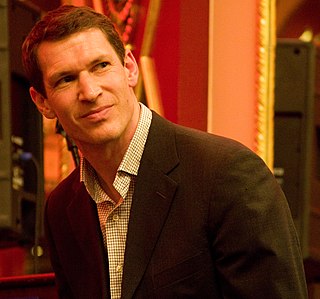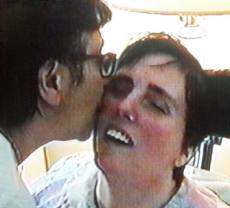A Quote by Sucheta Dalal
Even in private e-mail groups, it is journalists who seem outraged, anguished and disheartened at what has been described as the 'prostitution' of news; the reader response is always lukewarm.
Quote Topics
Related Quotes
Journalists go to press briefings at the Ministry of Defense in London or the Pentagon in Washington, and no critical questions are posed at all. It's just a news-gathering operation, and the fact that the news is being given by governments who are waging war doesn't seem to worry many journalists too much.
The media is the only business in the world where the customer is always wrong. If you're a news consumer, if you're a customer, and you complain to them, they will tell you that you are not sophisticated enough to understand what they do, and they're tell you to go listen or watch somewhere else. They're not even really doing the news for you. They're doing news for other journalists and other people in government because that's their real audience.
Spoken forgiveness, no matter how heartfelt, works best when we do not demand the response we want. I mean that when we tell people we forgive them, we must leave them free to respond to our good news however they are inclined. If the response is not what we hoped for, we can go home and enjoy our own healing in private.
Lukewarm people give money to charity and to the church...so long as it doesn't impinge on their standard of living. Lukewarm people tend to choose what is popular over what is right. Lukewarm people don't really want to be saved from their sin; they want to be saved from the penalty of their sin. Lukewarm people rarely share their faith with their neighbors, coworkers, or friends. Lukewarm people are thankful for their luxuries and comforts, and rarely consider trying to give as much as possible to the poor.
I'm confused about who the news belongs to. I always have it in my head that if your name's in the news, then the news should be paying you. Because it's your news and they're taking it and selling it as their product. ...If people didn't give the news their news, and if everybody kept their news to themselves, the news wouldn't have any news.

































